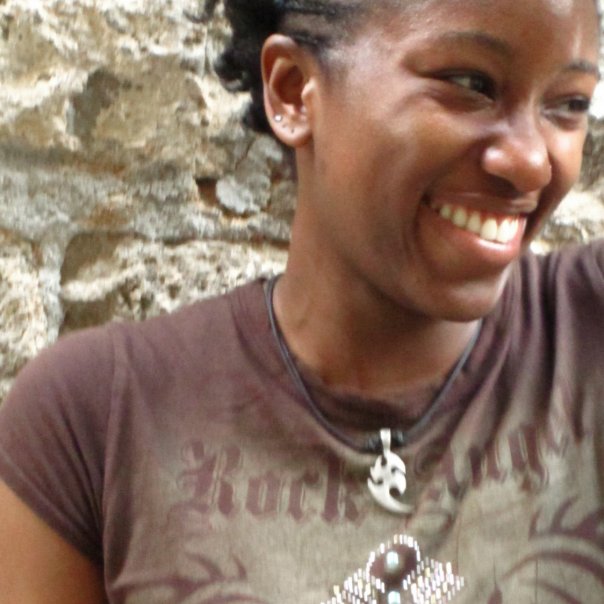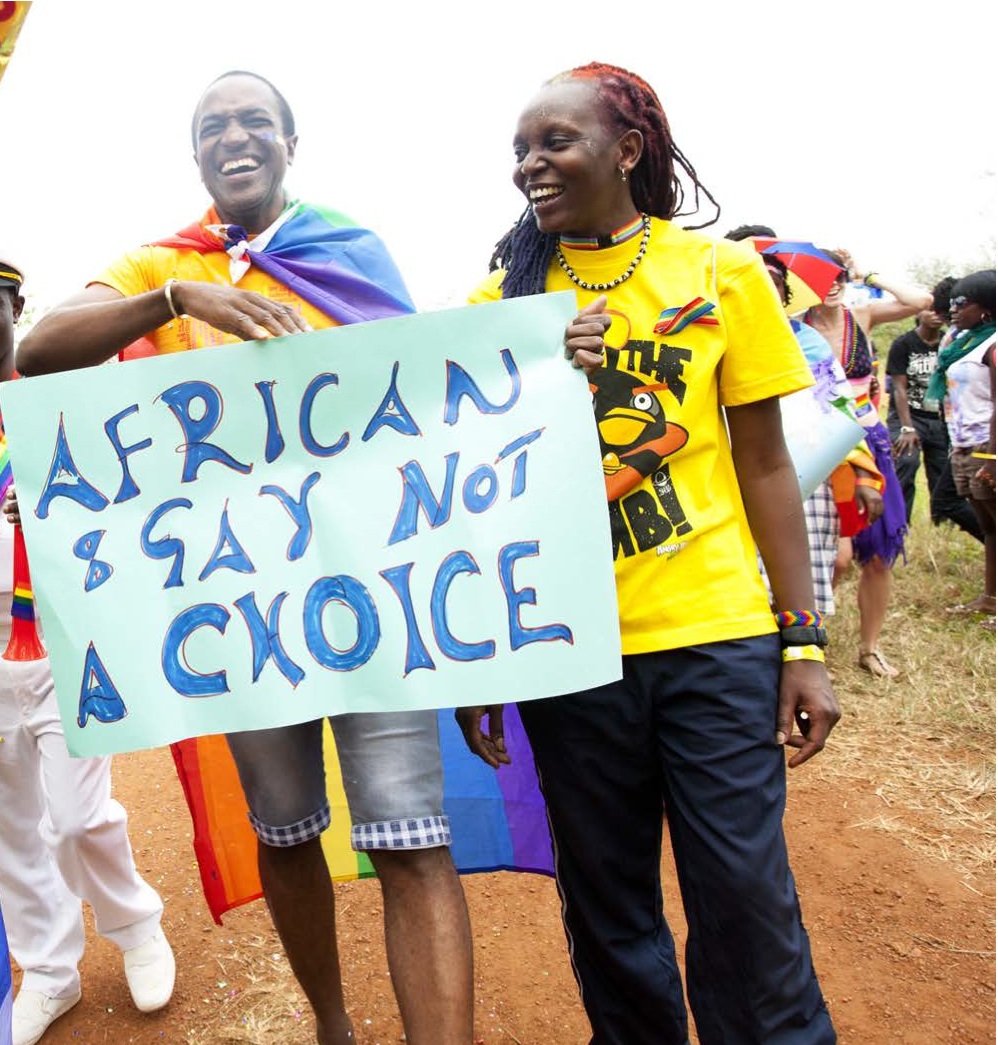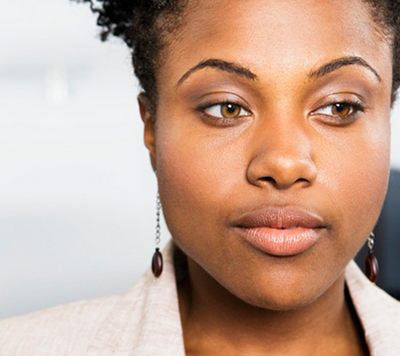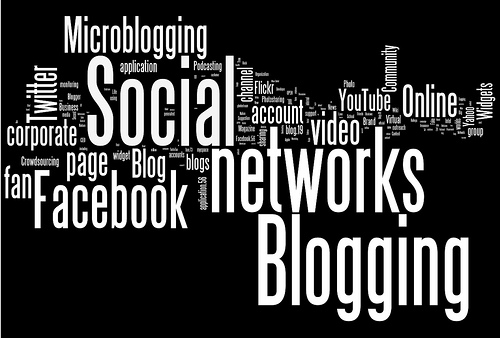Are you affiliated with a college, university, or high school who's seeking speakers for the upcoming academic year? Are you a conference in search of an inspirational keynote speaker? A loyal reader of my blog? :) Check out my latest talk, "The Power of Storytelling: LGBT Rights, the Media, and…
-
Advocacy - Africans for Africa - Afrofeminism - Announcements - Blog - Keynotes, Talks, and Presentations - LGBT Africa - My Work - Philanthropy - Special Series
-
Afrofeminism - Blog - Gender and LGBT Issues - International Development - LGBT Africa - Movement-Building - Philanthropy - The Political, Personalized - Thought Leadership
Celebrate LGBTI Africa’s Pride Everyday (and Everywhere, Not Just Uganda)
I have witnessed the daily grind of empowerment of black South African lesbians, watched them sink and wade through the cultural stigma that surrounds them like a mist, clouding the world’s perception of their lives as ordinarily human. Thus, I have come to re-affirm my belief that we must also…
-
It Takes a Village: Fikelela Shelter for Orphans with HIV/AIDS Fosters Community Advocacy
"It takes a village to raise a child" comes to mind when I reflect on my visit. Inspired by a woman's wish to build homes for children orphaned by their mothers dying of HIV/AIDS (and who most likely would end up HIV+ themselves), I expected a hospice when I arrived.…
-
What Does an African Feminist Look Like? Ms. Magazine Features African Feminist Bloggers
The Femisphere is a blog series in the popular Ms. Magazine that highlights the many diverse corners of the feminist blogsphere. Their latest installment focuses on African feminism, and I'm honored to have been featured along with two other African feminists, Ms Afropolitan and Lesley Agams. But, given that we're…
-
Our Voices, Our Stories: Training African Women’s & LGBT Organizations to Use Social Media is Critical
Despite the richness, diversity, and complexities that shape the landscape that is my homeland, Africa is often depicted as one big safari (or war zone). Why is that? Because Africa’s stories are rarely told by Africans themselves.
Online rulet oyunları gerçek zamanlı oynanır ve online slot casino bu deneyimi canlı yayınlarla destekler.
İnternet üzerinden eğlence bahsegel giriş arayanlar için deneyimi vazgeçilmezdir.
Kullanıcıların hesaplarına hızlı ve sorunsuz bettilt ulaşabilmesi için adresi her zaman güncel tutuluyor.




